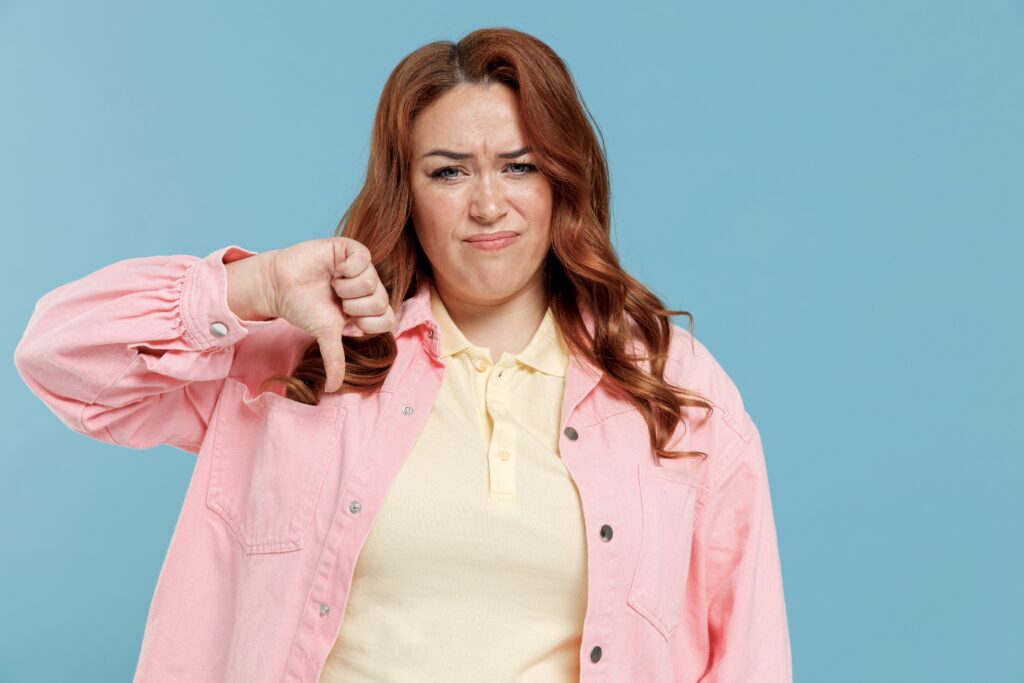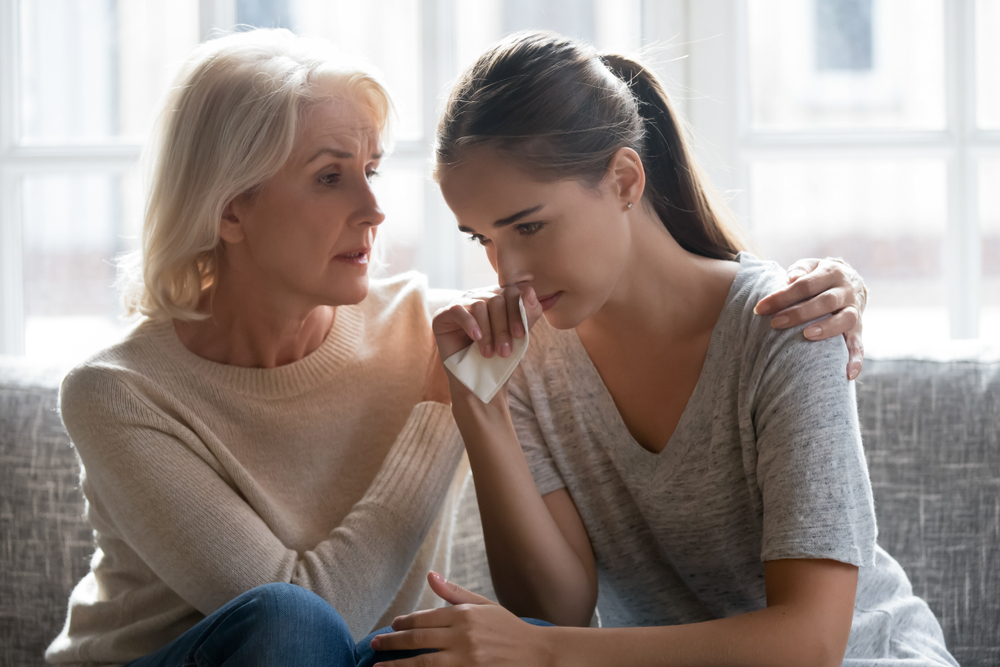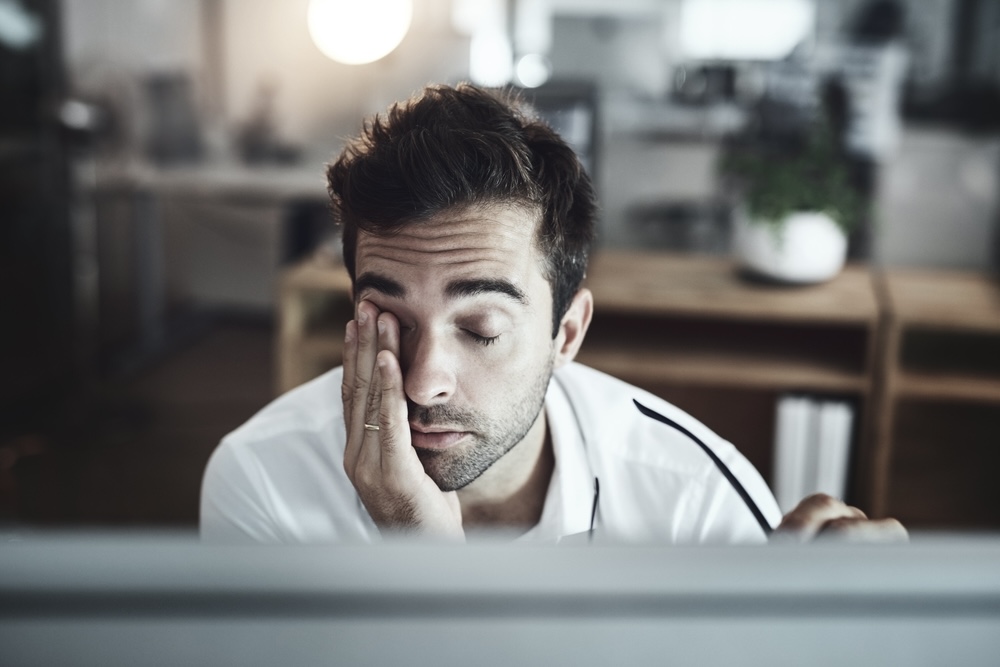Feeling weighed down, unmotivated, or just plain empty? Depression can hit like a ton of bricks. You’re not alone if you suspect you might be dealing with it. Maybe your sleeping patterns are all over the place, small tasks feel impossible, or you’ve lost interest in things you used to love.
The signs are there, but while you know you need treatment, you’re not exactly thrilled about the idea of getting on medication. Maybe someone you know had an awful experience, or you’ve read about scary potential side effects. It’s enough to make you pause and think twice. Yes, the idea of antidepressants can be intimidating. It’s understandable if you’re hesitant, even if you feel like you’ve reached your limit.
This blog is here to help you understand your options better. We’ll look at whether it’s okay not to take meds, address fears around addiction, and talk about virtual treatment for depression. By the end, you should have a clearer picture of what you might want to explore as you care for your mental health.
Is It Okay Not to Take Meds for My Depression?
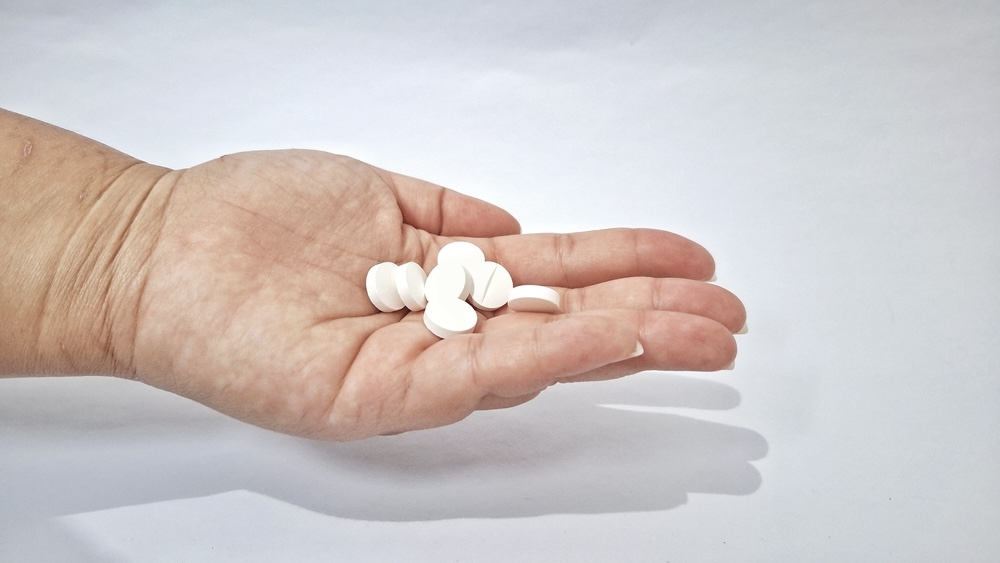
The short answer? Yes, it’s okay not to take medication. Your mental health is deeply personal, and any decisions about treatment are entirely yours to make. However, there’s more to it than that. Mental health isn’t something you should sweep under the rug. It’s a real health problem, like diabetes or high blood pressure.
Sometimes, mild forms of depression can be managed with tools like therapy, mindfulness, exercise, or other lifestyle changes. However, for more challenging cases like severe depressive episodes or diagnoses like bipolar disorder, medication might be necessary to keep you safe and get you to a better place.
It’s crucial to involve a professional if you’re thinking about skipping medication. Listen to your doctor or therapist as they’ve seen cases like yours before and can help guide you. Don’t jump straight into decisions without weighing all the facts.
For example, if your depression makes you a risk to yourself or others, medications are often part of the immediate solution. On the contrary, if your symptoms are mild, you might find relief without meds by leaning on alternative approaches. Either way, knowing this isn’t a black-or-white decision can give you some peace of mind.
The Fear of Addiction
A lot of people hesitate taking antidepressants because they’ve heard stories about addiction. You’re probably wondering, “If I start taking antidepressants, am I going to rely on them forever?” This is a common and valid fear, but it’s worth discussing.
First, antidepressants don’t typically cause the kind of dependency you see with substances like opioids or alcohol. Most people don’t develop cravings for them. However, if you stop taking medications abruptly, you could have withdrawal-like symptoms, which can feel scary.
To avoid this, communication with your doctor is key. The best way to keep your fears in check is to stick to the prescribed dosage and regularly check in with your healthcare provider. They’ll monitor how things are going and adjust your dose or help you stop when the time is right.
Remember that medication is rarely meant to be a long-time solution. Often, it’s used as a temporary support while you work through therapy or other healing strategies. Taking meds doesn’t mean taking them forever, and being mindful during your treatment can help replace your fears with confidence.
Virtual Depression Treatment
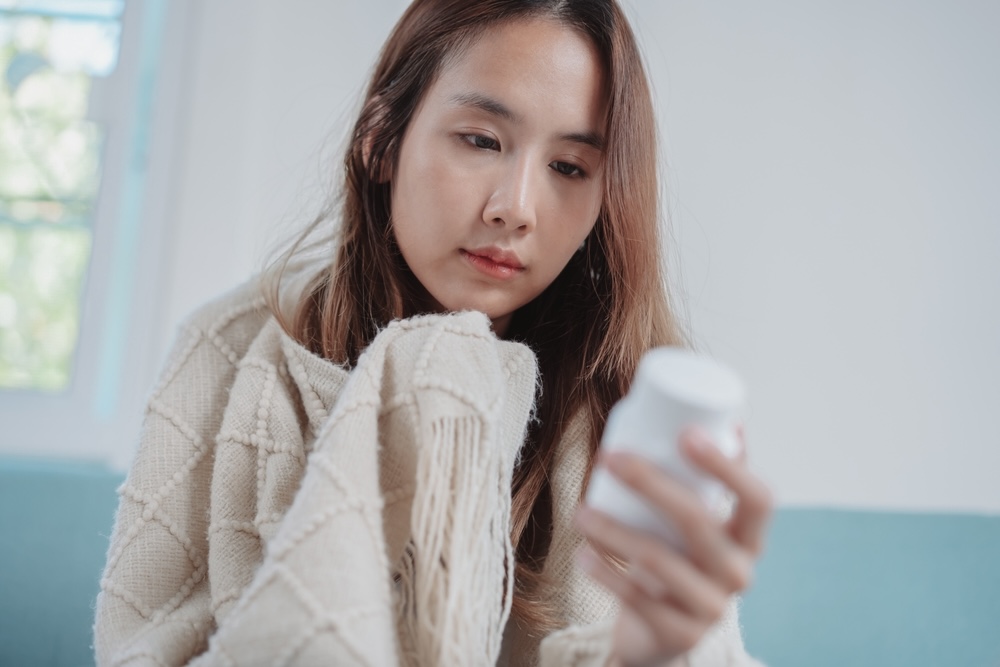
Here’s some good news for those of you who’d rather avoid traditional therapy or medication for now. Do you know that virtual depression treatment is a real option. This can be incredibly helpful whether or not you’re open to medication.
Virtual therapy allows you to work with professionals from the comfort of home, which can be a lifeline when you’re feeling low. You won’t need to rearrange your whole day to commute to an office or deal with awkward waiting rooms.
Plus, virtual options often give you access to multiple resources, like therapy sessions, support groups, and even tools for mindfulness. Many online platforms also incorporate medication management, so you can approach your concerns about taking or stopping medications with a doctor who understands you. This can be helpful if you’re weighing the pros and cons of using antidepressants.
Flexibility and accessibility are huge bonuses in any mental health treatment, and going virtual means you’ve got choices which can be empowering.
Best Virtual Mental Health Treatment for Depression
Taking care of yourself while navigating depression isn’t a one-size-fits-all process. The most important thing is to stay informed, stay open, and remind yourself that asking for help isn’t a sign of weakness. It’s a step toward strength.
At Resurface Connect, we can help you manage your depression symptoms and find the right treatment for you. Designed with accessibility and convenience in mind, Resurface Connect allows you to focus on your well-being without any added stress. Our team of licensed professionals is dedicated to supporting you every step of the way on your mental health journey.

